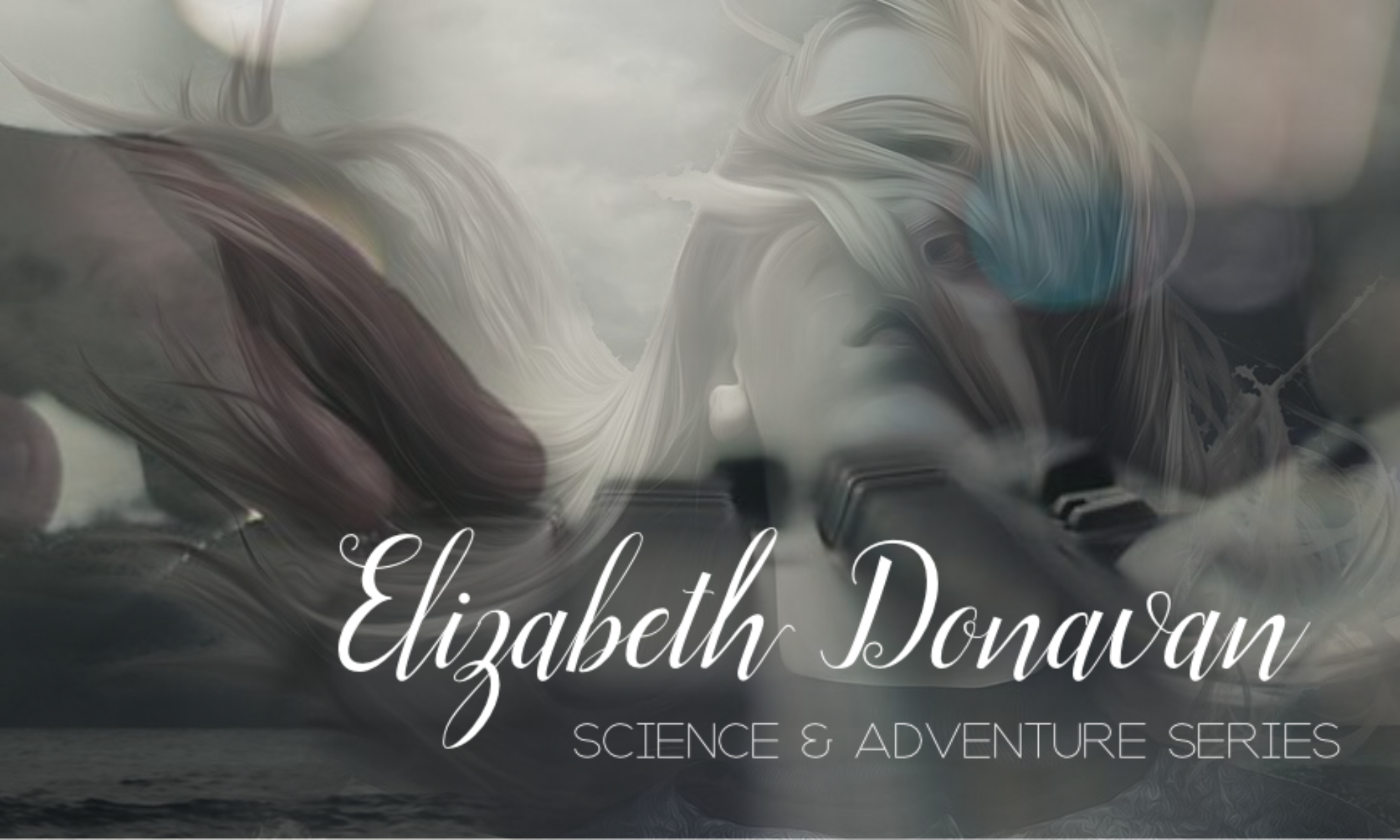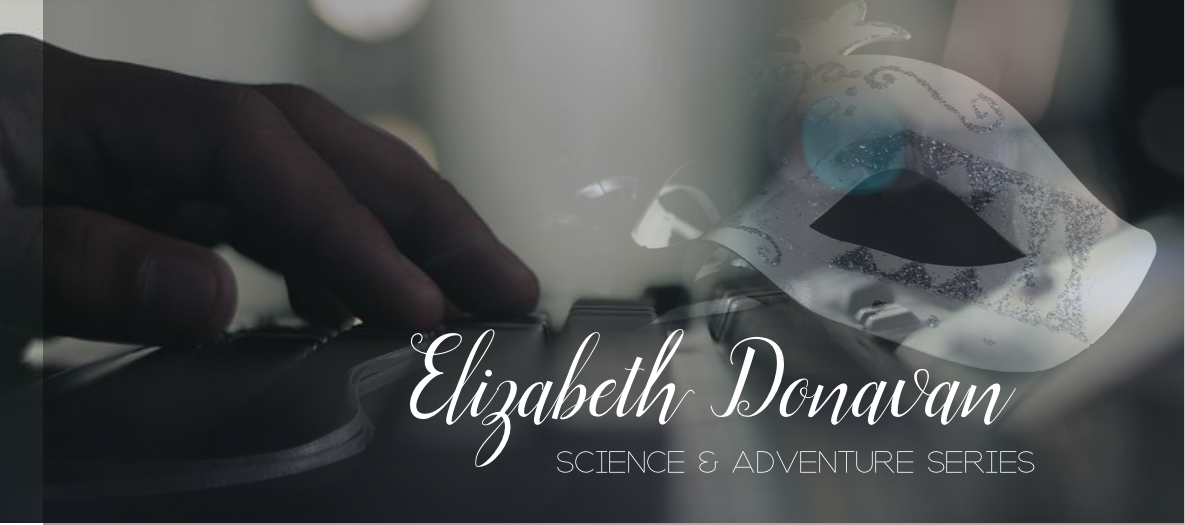“So why did you do a pure science book?”
“It needed to be done. Some books are like a message in a bottle—you write it not knowing how they will be received. Like a statement to the future. No publisher in the States would dare touch it, and one said, and I will quote, “They don’t want that stuff in the open.” That is CIA spook-speak. I don’t know how far the control extends, but it’s pretty much sealed up the media in the states, and I had to go to Europe to get it published. People have no clue how tight the control is in the states until they discover how short their leash is, and then it’s too late. It rivals the Soviet Union at the height of their power.”
“Do you think it put you in danger publishing it?”
“I think not publishing would have put me in more danger. There is info in there from inventors and researchers that are no longer with us. I tried to hold my tongue and keep it apolitical, but there is simply no way of doing that. So a few of my opinions crept in there. That was unavoidable. I think if I do a sequel, that it will cover the political suppression angle, and will include interviews with military strategy experts. That was one of the angles I left out of it, thinking it was controversial enough. But I was wrong about that, as it was the science that they didn’t want “out in the open” as they said. I left out a valuable piece of the puzzle. When I did a presentation on that subject, the server was attacked several times, so much so that we decided to just record the presentation and put it online at some point. The strategy catches ‘em with their pants down, and shows what their agenda really is. The powers that be probably had a freakout moment, and did everything they could to stop it.”
“We discussed sequels. Any new projects that are planned?”
“Yes, a novel, and with the free energy suppression and politics integrated into it, probably more serious than Send Lawyers, Gun and Money, but still quirky or tongue in cheek at times. It is a partly baked idea at the moment, and these days I like to do an outline before writing, as a kind of road map for where the story is going. It is a loose framework, and the story sometimes goes in a path that might wander away from the original outline, but usually in an interesting direction. Writing is also a great form of therapy, and it purges a lot of things that lie beneath the surface, like outlines in muddy water. It also brings up memories that become part of the story, and I have a lot of memories of dear friends that I have lost over the years. It’s like being in an undeclared war, one that is on most of us and the future of the planet.”
“That sounds apocalyptic.”
“It is. Sure, sometimes I make it sound extremely dire, but I’m not exaggerating. I have read The Mendelov Conspiracy by Martin Caidin, Atlas Shrugged by Ayn Rand, and The Foundation Series by Asimov, and more. They all seem to have the same idea: that a breakaway civilization is not just needed, but absolutely necessary for our accumulated knowledge to survive. This can be little communities that preserve the collective memory in records, and hand down traditions and skills that are the core of a working civilization, and perhaps coalesce into a larger structure later to share that preserved wisdom. This may have happened before, and there are legends of Atlantis and Lemuria, and another older civilization that destroyed itself.”
“You mentioned that in Ancient Reunion.”
“Yes. There is so much evidence to that effect that in my opinion it is undeniable. Melted deserts with something called “trinitite,” a glasslike mineral that was seen after the Trinity test of the atomic bomb. Indian legends of a device that contained the power of the universe, hotter than the sun that was released against armies. Glazed walls of forts that are mildly radioactive after thousands of years. Yep, I think that happened. And like it was mentioned in the book, the survivors either went underground, took their chances on the surface, or left the planet for dead. I can imagine the collective guilt that a society would have leaving, and making sure it never happened again. Very complex and conflicting emotions. I tried to address some of that in the book.”
“It reads like sci fi, but there is something else about it…”
“Yeah, more than a little creepy, isn’t it? I think it strikes a chord in all of our subconscious—like something that happened, buried in amnesia. The dream that triggered writing the book was either like a memory, or a message. It’s difficult to tell which one. But it was like something that needed to be told, and afterwards, there was a sense of completion and relief. Very strange.”

